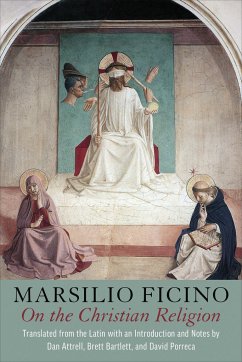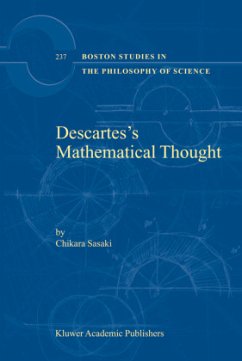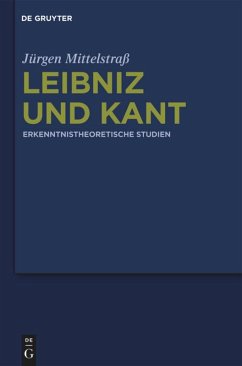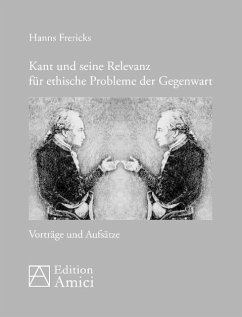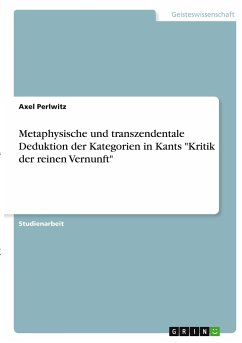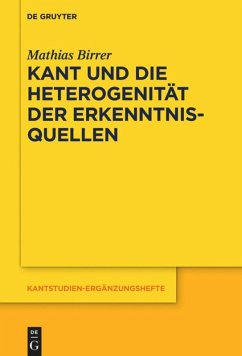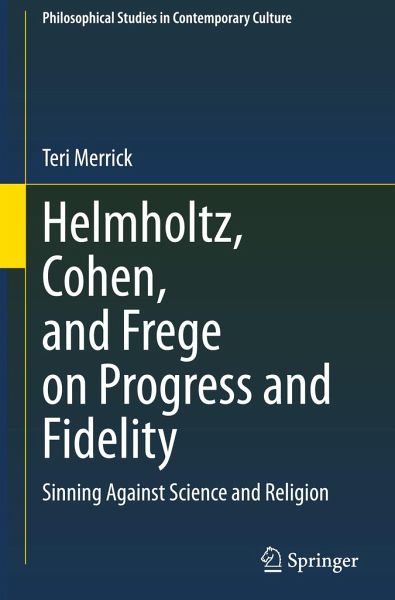
Helmholtz, Cohen, and Frege on Progress and Fidelity
Sinning Against Science and Religion
Versandkostenfrei!
Versandfertig in 6-10 Tagen
53,49 €
inkl. MwSt.
Weitere Ausgaben:

PAYBACK Punkte
0 °P sammeln!
This book examines the views of Hermann Helmholtz, Hermann Cohen and Gottlob Frege in reaction to the epistemic crises induced by rapid changes in 19th century scientific practice. Besides addressing longstanding interpretive puzzles of interest to Frege scholars, the book extracts precepts for rationally responding to paradigm shifts in scientific and religious traditions. Cohen's work in particular is held up as an example of wisely navigating epistemic and hermeneutical crises in science and religion. The book will appeal to philosophers and historians of science or religion, especially to ...
This book examines the views of Hermann Helmholtz, Hermann Cohen and Gottlob Frege in reaction to the epistemic crises induced by rapid changes in 19th century scientific practice. Besides addressing longstanding interpretive puzzles of interest to Frege scholars, the book extracts precepts for rationally responding to paradigm shifts in scientific and religious traditions. Cohen's work in particular is held up as an example of wisely navigating epistemic and hermeneutical crises in science and religion. The book will appeal to philosophers and historians of science or religion, especially to those concerned with the epistemic challenges posed by Kuhn's The Structure of Scientific Revolutions.








